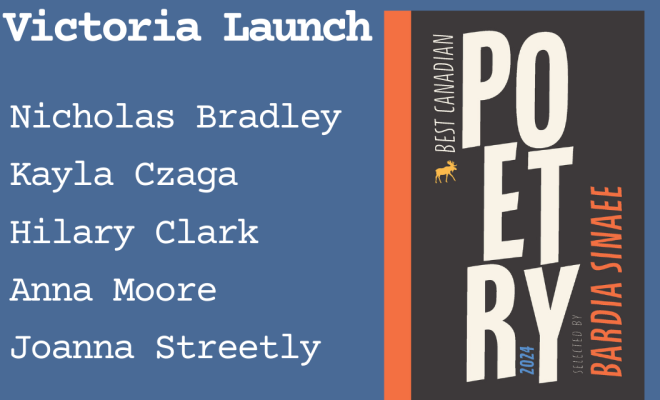The Best Canadian Poetry of 2024

The best Canadian poetry of 2024 echoes the diverse voices and experiences that make up Canada’s rich cultural tapestry. This year has seen a stunning array of work that challenges, celebrates, and explores the complexities of human emotion and the landscape both within and surrounding us.
One standout collection is “Whispers from the North” by Aiden Macleod, a haunting journey through Canada’s rugged and awe-inspiring northern territories. Macleod’s verse oscillates between stark minimalism and lush imagery to capture the isolation and beauty of northern life. His poems, such as “Aurora’s Loom” and “Tundra Heartbeat,” are vivid in their portrayal of a land that is at once barren and teeming with hidden vibrancy.
On the other end of the spectrum is Zoe Tran’s “Bridging Echoes,” which focuses on the urban experience. Tran, hailing from Toronto, uses her keen sense of rhythm and sharp wit to delve into the hustle of city life. Her poem “Metropolitan Pulse” has been particularly noted for its dynamic use of enjambment to mimic the ceaseless energy of her hometown.
Exploring personal identity and societal roles in lyrical verses is Jade Nguyen’s “Reflections in Rice Paper.” Nguyen provides a poignant account of her Vietnamese-Canadian heritage in which she bridges traditional form with contemporary themes. The centerpiece poem, “Lotus Roots,” has drawn acclaim for its elegant exploration of generational legacy and diasporic identity.
Another compelling contribution comes from Indigenous poet Elijah Okimaw with his work, “Whispers of Our Land.” Okimaw’s poetry weaves together the stories and traditions passed down through generations alongside pressing political issues impacting Indigenous communities today. With poems like “Resilience Song” and “Trail of Stories,” he sheds light on a history too often overlooked and crafts a path forward grounded in hope and resilience.
Lastly, emerging voice Clara Dumont offers a fresh perspective on environmental issues in her debut collection “Green Verses.” Her lyrical activism is powerful yet gentle, urging for conservation without preaching. The standout sonnet series beginning with “Upon Grown Silent Woods” has been celebrated for bringing classic form into contemporary discourse with grace.
The best Canadian poetry of 2024 continues to demonstrate that Canadian poets are not only unafraid to tackle complex subjects but do so with compassion, intelligence, and undeniable craftmanship. Their works create spaces for reflection, collective memory, and an ever-growing appreciation for literature that can both captivate the mind and stir the heart.





